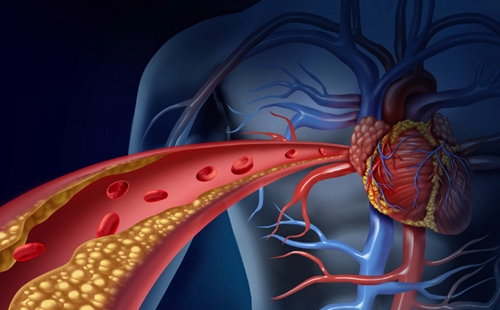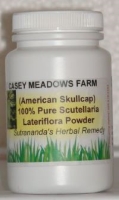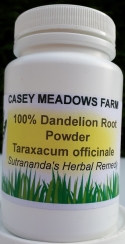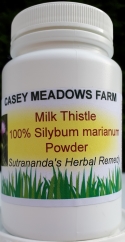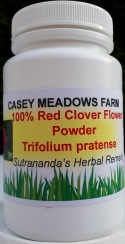Causes
Cholesterol is carried through
your blood, attached to
proteins. This combination of
proteins and cholesterol is
called a lipoprotein. There are
different types of cholesterol,
based on what the lipoprotein
carries. They are:
-
Low-density lipoprotein
(LDL). LDL,
or "bad" cholesterol,
transports cholesterol
particles throughout your
body. LDL cholesterol builds
up in the walls of your
arteries, making them hard
and narrow.
-
High-density lipoprotein
(HDL). HDL,
or "good" cholesterol, picks
up excess cholesterol and
takes it back to your liver.
A lipid profile also typically
measures triglycerides, a type
of fat in the blood. Having a
high triglyceride level can also
increase your risk of heart
disease.
Factors you can control — such
as inactivity, obesity and an
unhealthy diet — contribute to
high cholesterol and low HDL
cholesterol. Factors beyond your
control might play a role, too.
For example, your genetic makeup
might keep cells from removing
LDL cholesterol from your blood
efficiently or cause your liver
to produce too much cholesterol.
Risk factors
Factors that can increase your
risk of bad cholesterol include:
-
Poor diet. Eating
saturated fat, found in
animal products, and trans
fats, found in some
commercially baked cookies
and crackers and microwave
popcorn, can raise your
cholesterol level. Foods
that are high in
cholesterol, such as red
meat and full-fat dairy
products, will also increase
your cholesterol.
-
Obesity. Having
a body mass index (BMI) of
30 or greater puts you at
risk of high cholesterol.
-
Lack of exercise. Exercise
helps boost your body's HDL,
or "good," cholesterol while
increasing the size of the
particles that make up your
LDL, or "bad," cholesterol,
which makes it less harmful.
-
Smoking. Cigarette
smoking damages the walls of
your blood vessels, making
them more prone to
accumulate fatty deposits.
Smoking might also lower
your level of HDL, or
"good," cholesterol.
-
Age. Because
your body's chemistry
changes as you age, your
risk of high cholesterol
climbs. For instance, as you
age, your liver becomes less
able to remove LDL
cholesterol.
-
Diabetes. High
blood sugar contributes to
higher levels of a dangerous
cholesterol called
very-low-density lipoprotein
(VLDL) and lower HDL
cholesterol. High blood
sugar also damages the
lining of your arteries.
Complications
High cholesterol can cause a
dangerous accumulation of
cholesterol and other deposits
on the walls of your arteries
(atherosclerosis). These
deposits (plaques) can reduce
blood flow through your
arteries, which can cause
complications, such as:
-
Chest pain. If
the arteries that supply
your heart with blood
(coronary arteries) are
affected, you might have
chest pain (angina) and
other symptoms of coronary
artery disease.
-
Heart attack. If
plaques tear or rupture, a
blood clot can form at the
plaque-rupture site —
blocking the flow of blood
or breaking free and
plugging an artery
downstream. If blood flow to
part of your heart stops,
you'll have a heart attack.
-
Stroke. Similar
to a heart attack, a stroke
occurs when a blood clot
blocks blood flow to part of
your brain.
Prevention
The same heart-healthy lifestyle
changes that can lower your
cholesterol can help prevent you
from having high cholesterol in
the first place. To help prevent
high cholesterol, you can:
-
Eat a low-salt diet that
emphasizes fruits,
vegetables and whole grains
-
Limit the amount of animal
fats and use good fats in
moderation
-
Lose extra pounds and
maintain a healthy weight
-
Quit smoking
-
Exercise on most days of the
week for at least 30 minutes
-
Drink alcohol in moderation,
if at all
-
Manage stress
Talk to your Doctor
before using herbal products
|
